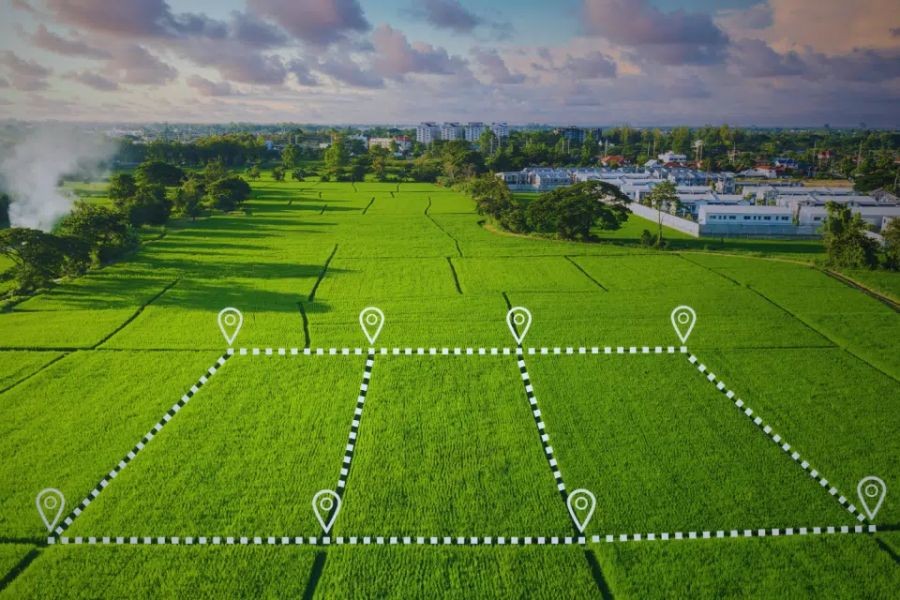Australia's expansive landscapes and growing urban centers present a unique challenge: how best to connect people and places. As the nation grapples with rapid urbanization and environmental concerns, the debate intensifies—should Australia prioritize public transport development over new highway construction? This conversation isn't just about mobility; it's a pivotal discussion that could redefine economic growth, environmental sustainability, and quality of life for Australians.
Public Transport: A Pathway to Sustainable Growth
Public transportation offers a sustainable alternative by reducing carbon footprints and alleviating urban congestion. According to the Australian Bureau of Statistics (ABS), transportation accounts for nearly 18% of the country's greenhouse gas emissions. Enhancing public transport could significantly reduce this figure, aligning with Australia's Net Zero by 2050 target.
Economic Implications of Public Transport Investment
Investing in public transport can stimulate economic growth by creating jobs and boosting local economies. A study by the Treasury AU indicates that every billion dollars invested in public transport infrastructure can generate up to 10,000 jobs. These developments can also enhance property values and attract businesses, contributing to the economic vitality of urban and regional areas.
Case Study: Sydney's Light Rail Success
Sydney's Light Rail project exemplifies the transformative power of public transport. Initially met with skepticism, the project now boasts increased commuter convenience and reduced travel times. The implementation attracted new businesses along its route, increasing local economic activity and property values by approximately 20% (Source: NSW Government, 2023).
Highways: The Backbone of Connectivity
Highways remain crucial for freight and long-distance travel, facilitating trade and connecting regional areas to urban hubs. The Reserve Bank of Australia (RBA) notes that efficient road networks are vital for the nation's supply chain, with road freight accounting for nearly 75% of all domestic goods transport.
The Economic Case for Highways
While public transport offers many benefits, highways support industries that are pivotal to Australia's economy, like agriculture and mining. Strategic highway expansions can reduce travel times, lower transportation costs, and enhance productivity. For example, the Pacific Highway upgrade is expected to save $3.4 billion in travel time and vehicle operating costs over 30 years (Source: Australian Government, 2022).
Case Study: Pacific Motorway Upgrades
The Pacific Motorway upgrades demonstrate the economic benefits of highway projects. By reducing travel times and improving safety, the project has supported local industries and enhanced regional connectivity. This development has significantly boosted the regional economy, supporting tourism and local businesses, as reported by the Australian Infrastructure Audit 2023.
Balancing Public Transport and Highway Development
While both public transport and highways offer distinct advantages, the optimal solution may lie in a balanced approach. Integrating these systems can maximize their benefits, providing comprehensive connectivity and fostering sustainable growth.
Pros and Cons Analysis
Pros of Public Transport
- Environmental Benefits: Reduces emissions and promotes sustainable urban development.
- Economic Growth: Creates jobs and stimulates local economies.
- Improved Urban Mobility: Offers reliable and efficient travel options for commuters.
Cons of Public Transport
- High Initial Investment: Requires significant upfront funding for infrastructure development.
- Maintenance Costs: Ongoing operational expenses can be substantial.
Pros of Highways
- Enhanced Connectivity: Supports freight and long-distance travel, crucial for regional economies.
- Economic Impact: Reduces transportation costs and supports key industries.
Cons of Highways
- Environmental Impact: Contributes to greenhouse gas emissions and urban sprawl.
- Congestion Issues: Can lead to increased traffic in urban areas.
Expert Insights: Navigating the Future of Mobility
Balancing public transport and highway development requires strategic planning and investment. According to Professor David Hensher from the University of Sydney, Australia must adopt an integrated transport strategy that leverages the strengths of both systems. This approach can ensure sustainable growth and enhance the nation's competitive edge in the global market.
Future Trends: The Road Ahead
As technology evolves, so too will transportation systems. Autonomous vehicles, electric buses, and smart infrastructure are set to revolutionize mobility. The CSIRO predicts that by 2030, 50% of Australia's public transport will be electric, reducing emissions and operational costs (Source: CSIRO, 2023).
Common Myths and Mistakes
Myth vs. Reality
- Myth: "Highways are cheaper than public transport." Reality: Long-term maintenance and environmental costs can make highways more expensive (Source: Infrastructure Australia).
- Myth: "Public transport only benefits urban areas." Reality: Regional public transport can enhance connectivity and support local economies (Source: ABS).
Conclusion: A Call to Action
The decision to prioritize public transport over new highways is not just about transportation; it's about shaping Australia's future. By investing in a balanced transportation strategy, Australia can pave the way for sustainable economic growth, improved quality of life, and a stronger global presence. It's time for policymakers, businesses, and communities to collaborate, ensuring a connected and prosperous Australia for generations to come.
Final Takeaway & Call to Action
Australia stands at a crossroads. The choices made today in transportation infrastructure will define the nation's economic, environmental, and social landscape for decades. Join the conversation and share your insights on Australia's transportation future. What do you think is the best path forward? Engage with industry leaders on LinkedIn AU and explore innovative solutions to drive Australia's progress.
Related Search Queries
- Public transport vs highways Australia
- Economic impact of public transport in Australia
- Future of Australian transportation infrastructure
- Environmental benefits of public transport
- Highway development projects Australia

































All Cric
1 month ago